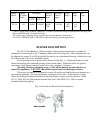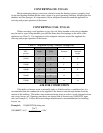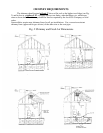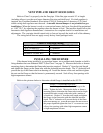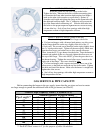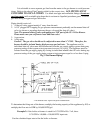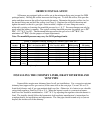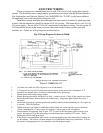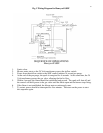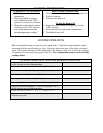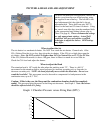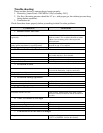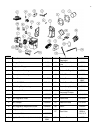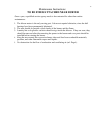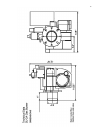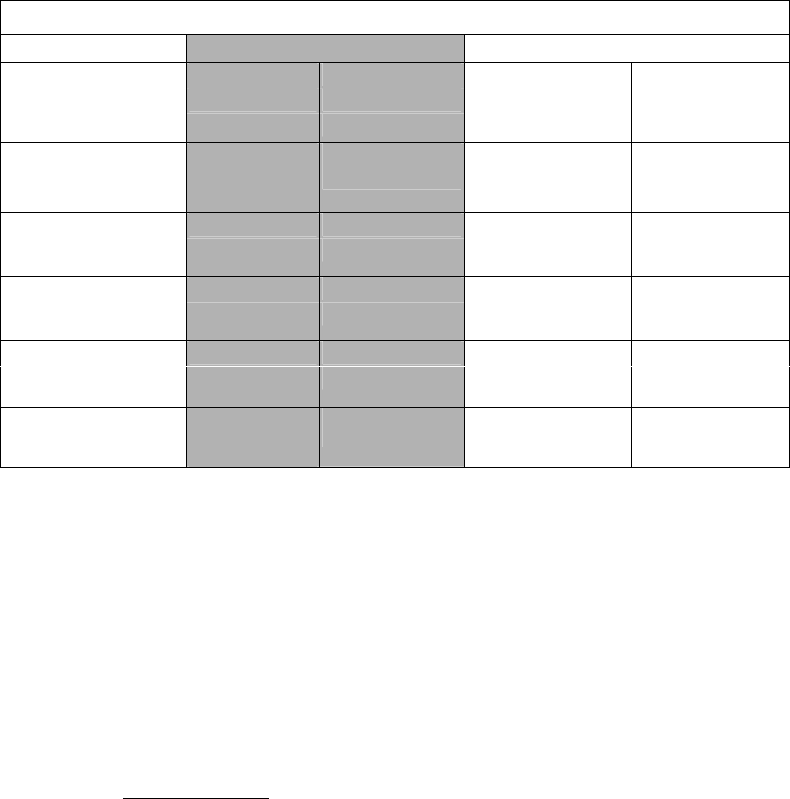
3
CONVERTING OIL TO GAS
Before attempting the gas conversion, check to insure the heating system is properly sized
for the total heating demand and the entire system is in good operating condition, including the fire
chamber and flue passages. It is important to allow adequate clearance around the appliance for
servicing and proper operation of the burner.
CONVERTING COAL TO GAS
When converting a coal appliance to gas, the coal firing chamber or the ash pit chamber
may be used as a gas firing chamber, provided the flame does not impinge on the walls of the
appliance (see Chart 2). It is important to allow adequate clearance around the appliance for
servicing and proper operation of the burner.
AIR FOR COMBUSTION
If the boiler or furnace room is unusually tight, or if the house has a ventilation fan, it is
recommended that the combustion air be supplied to the furnace room through intakes from the
outside of the building. The intakes must terminate facing down in order to avoid obstruction from
rain, snow, leaves, etc. Openings must have one square inch of free area per 10,000 BTU input
rate (see Example 1). Follow the heat exchanger manufacturer's recommendations for installing
louvers, etc.
Example 1: 150,000 BTU/hr firing rate
( )
(
)
150 000
1
10 000
15
2
2
, / *
, /
BTU hr
in
BTU hr
in=
Chart 2: Minimum Firing Chamber Dimensions
Rectangular Round
Input Rate
BTU Length Width Diameter Minimum
per hour Height
50,000 to
80,000
6"
6"
6"
6"
80,000 to
150,000 9" 8" 9" 8"
150,000 to
180,000 11" 8" 11" 8"
180,000 to
200,000 14" 8" 14" 12"
200,000 to
250,000
15"
8"
15"
13"




